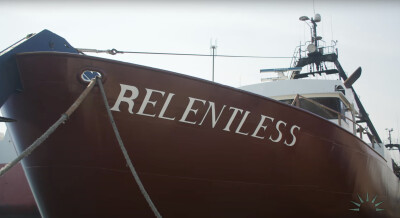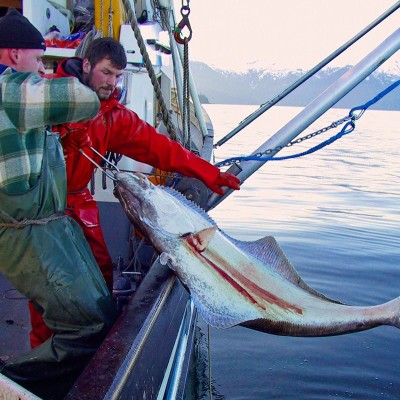Beginning on Feb. 27, the National Oceanic and Atmospheric Administration (NOAA) faced a 10 percent reduction in its workforce, with the termination of all probationary employees.
The Alaska Marine Conservation Council (AMCC) acknowledged the news, which is expected to have significant repercussions for Alaskans, mainly fishermen.
In a letter addressing the cuts, AMCC executive director Michelle Stratton emphasized the vital role NOAA plays in ensuring the safety and sustainability of Alaska’s fisheries. “First and foremost, safety at sea is paramount for the well-being of our fishing communities and the sustainability of our seafood industry,” she wrote.
Stratton shared that NOAA provides critical services, including weather forecasting, navigation support, and emergency response coordination. She warned that reducing these resources could increase risks for fishermen, leading to more accidents, loss of life, and economic hardships.
Beyond safety, NOAA’s science-based stock assessments and fisheries management systems are integral to sustaining Alaska’s fishing industry. “It is undeniable that without NOAA’s efforts, we would face far more significant challenges in maintaining the health of our fisheries,” the letter said. The agency’s work directly impacts thousands of Alaskans whose livelihoods depend on sustainable fishery management.
Stratton also acknowledged different perspectives on NOAA’s management approach, emphasizing the need for ongoing refinement and improvement. While AMCC has long advocated for changes to NOAA’s practices to address evolving environmental and industry challenges, Stratton stressed that modifications should be “thoughtfully and incrementally” implemented to ensure NOAA remains effective in its core mission- protecting life, property, and public resources.
NOAA is just one of the many federal agencies that play a crucial role in Alaska’s resource management. The National Marine Fisheries Service (NMFS), the U.S. Fish and Wildlife Service (USFWS), the National Park Service (NPS), and the Forest Service all contribute to preserving Alaska’s diverse ecosystems and supporting the fishing economy. Stratton expressed appreciation for the dedication of these agencies’ employees, highlighting their essential role in maintaining environmental health and economic prosperity.
The AMCC remains committed to tracking developments and informing Alaska’s fishing community. “We welcome your questions, concerns, and input,” Stratton wrote. For fishermen already facing regulatory challenges, climate-driven uncertainties, and economic pressures, NOAA’s downsizing raises yet another set of concerns.







